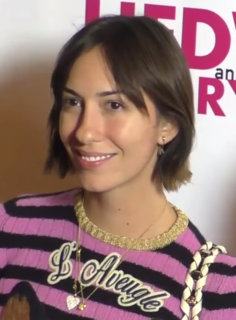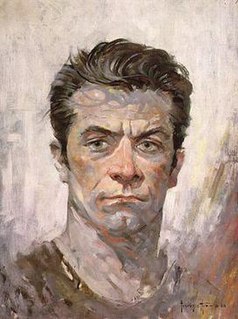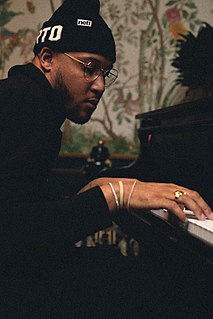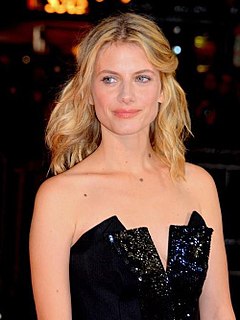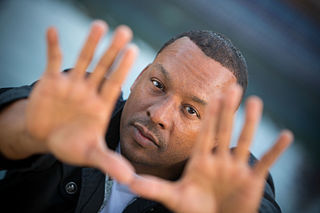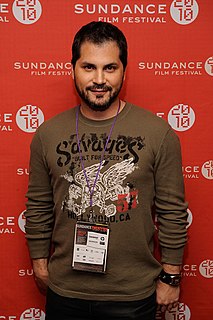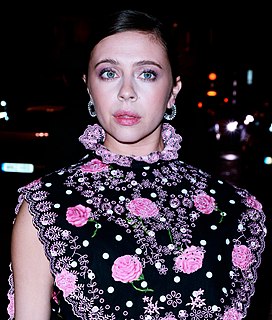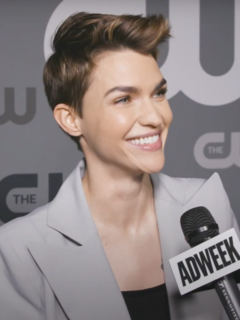A Quote by Gia Coppola
I knew I wanted to make a movie that hadn't really existed in a while in terms of being a teenager.
Related Quotes
It really has been a blessing because you can go and look at our other movies we've done in a studio system. We didn't get to make the movie that we wanted to make. We made the movie that someone else wanted us to make. That can be a little disheartening, a lot disheartening. While there have been struggles, it doesn't matter which table you're at because you're going to have obstacles, but I kind of like being able to make the movie that you want to make.
I don't really like those sorts of actresses who say, 'I don't want to make that movie,' but they make the movie. They just spend their time not liking being on a set and I just think it's absurd, because we are so lucky to do this job. When you accept to make a movie, just make the movie. And then it's more easy for relationships.
Being a black filmmaker, one of the things I wanted to do with the movie is make sure I told it from a different perspective. I wanted to take myself out of it as a black male. I wanted to look at this movie through the eyes of Tully, to understand what he was thinking, and feel what he was feeling as much as I could.
I always tried to make people laugh. I attribute that to - I come from a family of divorce. It was a way to distract myself from stuff. I always thought it was interesting that my brother and I existed in this really tight bond, and we would just take the piss out of pretty much everything. I knew I wanted to be an actor so it would be great if I could make people laugh while I was doing this, because I could be other characters and other people, and I could hide behind things. It was a great out for me, and a mode of expression.
Movies make teenagers have quippy answers for every question. Nothing seems to faze them, and they're like, 'Oh, whatever.' You're not like that when you're a teenager. You're really earnest. Things really feel like life or death. And you kind of oscillate between emotions at one time. It's very emotionally draining being a teenager.
